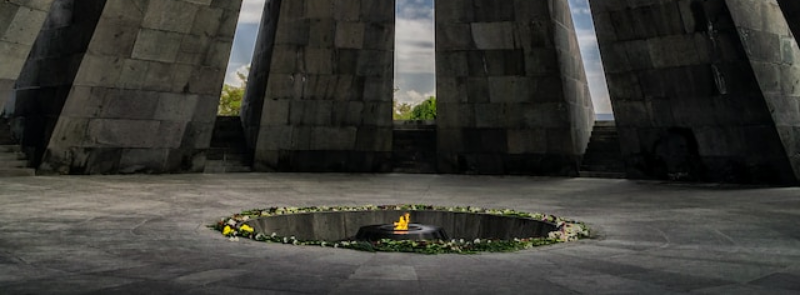
When It Occurs
Every April 7th
Timeline
Days Passed (1052)
# Hashtags
#InternationalDayOfReflectionOnThe1994GenocideAgainstTheTutsiInRwanda #RememberVictims
The United Nations officially acknowledged the International Day of Reflection on the 1994 Rwandan Genocide as an international observance on April 7, 2004. Commemorative events for the Rwandan genocide took place in various significant cities, including Kigali, Rwanda; New York City, United States; Dar-es-Salaam, Tanzania; and Geneva, Switzerland.
All member states of the UN were extended invitations to participate in a one-minute silence in remembrance of the victims.
Historical Context
- Genocide Background: In 1994, over the span of approximately 100 days, an estimated 800,000 Tutsi and moderate Hutu were brutally murdered by Hutu extremists in Rwanda. The genocide was a result of long-standing ethnic tensions exacerbated by political and social factors.
- Aftermath: The genocide had devastating effects on Rwanda, leading to a massive loss of life, displacement of people, and deep psychological and social scars.
Establishment of the Day
- UN Resolution: The United Nations General Assembly designated April 7th as the International Day of Reflection on the 1994 Genocide against the Tutsi in Rwanda in 2003, through resolution A/RES/58/234.
- Purpose: The day is intended to remember and honor the victims of the genocide, educate about the events, and promote global efforts to prevent similar atrocities in the future.
Commemoration Activities
- Ceremonies and Memorials: Various ceremonies and memorials are held globally and within Rwanda. These often include moments of silence, speeches by survivors and dignitaries, and educational events.
- Educational Programs: Schools, universities, and organizations might conduct educational programs, discussions, and film screenings to raise awareness about the genocide and its impact.
- UN Involvement: The United Nations often organizes events, including a special commemorative ceremony at its headquarters.
Importance of Remembrance
- Acknowledgment of Suffering: Remembering the genocide acknowledges the immense suffering of the victims and survivors and honors their resilience.
- Prevention of Future Genocides: Reflecting on past atrocities is crucial for recognizing early warning signs and taking action to prevent future genocides.
- Global Solidarity: The day fosters a sense of global solidarity and commitment to upholding human rights and dignity for all.
Educational Resources
- UN Websites: The United Nations provides various resources, including articles, survivor testimonies, and educational materials, on its official website.
- Documentaries and Films: Numerous documentaries and films, such as "Hotel Rwanda" and "Sometimes in April," depict the events of the genocide and its aftermath.
Continued Challenges
- Justice and Reconciliation: While significant progress has been made in Rwanda's justice and reconciliation processes, challenges remain in achieving complete healing and reconciliation.
- Support for Survivors: Providing ongoing support for survivors, including psychological and financial assistance, is essential for their well-being.
The International Day of Reflection on the 1994 Genocide against the Tutsi in Rwanda is a critical observance for ensuring that the horrors of the past are remembered and that the world remains vigilant against the recurrence of such crimes against humanity.


